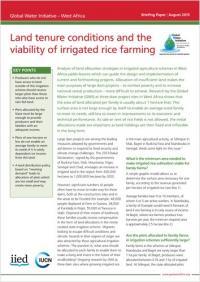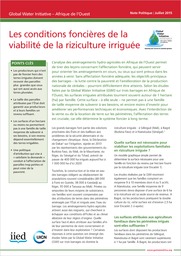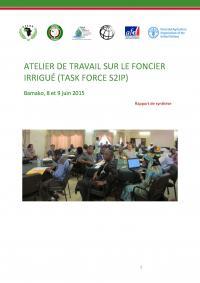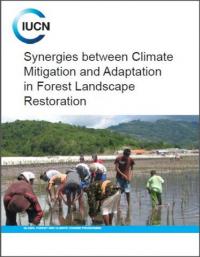Location
IUCN is a membership Union uniquely composed of both government and civil society organisations. It provides public, private and non-governmental organisations with the knowledge and tools that enable human progress, economic development and nature conservation to take place together.
Created in 1948, IUCN is now the world’s largest and most diverse environmental network, harnessing the knowledge, resources and reach of more than 1,300 Member organisations and some 16,000 experts. It is a leading provider of conservation data, assessments and analysis. Its broad membership enables IUCN to fill the role of incubator and trusted repository of best practices, tools and international standards.
IUCN provides a neutral space in which diverse stakeholders including governments, NGOs, scientists, businesses, local communities, indigenous peoples organisations and others can work together to forge and implement solutions to environmental challenges and achieve sustainable development.
Working with many partners and supporters, IUCN implements a large and diverse portfolio of conservation projects worldwide. Combining the latest science with the traditional knowledge of local communities, these projects work to reverse habitat loss, restore ecosystems and improve people’s well-being.
Resources
Displaying 46 - 50 of 142Population regulation of African buffalo in the Mara–Serengeti ecosystem
Land tenure conditions and the viability of irrigated rice farming
Analysis of land allocation strategies in irrigated agriculture schemes in West Africa yields lessons which can guide the design and implementation of current and forthcoming projects. Allocation of insufficient land makes the main purposes of large dam projects – to combat poverty and to increase national cereal production – more difficult to achieve. Research by the Global Water Initiative (GWI) at three dam project sites in West Africa shows that the area of land allocated per family is usually about 1 hectare (ha).
Les conditions foncières de la viabilité de la riziculture irriguée
L’analyse des aménagements hydro-agricoles en Afrique de l’Ouest permet de tirer des leçons concernant l’affectation foncière, qui peuvent servir pour orienter les aménagements en cours, ou ceux qui sont prévus dans les années à venir. Sans affectation foncière adéquate, les objectifs principaux des barrages – la lutte contre la pauvreté et l’amélioration de la production nationale de céréales – pourront difficilement être atteints.
Workshop on irrigated land tenure in the Sahel (Task Force for implementing the 'Dakar Declaration')
This is the report of a workshop held on 8 and 9 June 2015 in Bamako, Mali, to present and discuss the results of a study on securing irrigated land tenure in the six countries within the Permanent Inter-State Committee for the Fight against Drought in the Sahel (CILSS) in the context of the "Dakar Declaration".
Synergies between Climate Mitigation and Adaptation in Forest Landscape Restoration
The two responses to climate change - mitigating emissions and adapting to impacts - are often pursued as separate actions. But some ecosystem-based responses, like forest landscape restoration, can serve as both mitigation and adaptation tools. A new report from IUCN examines where and how restoration can serve mitigation and adaptation goals across the world and in key countries.







